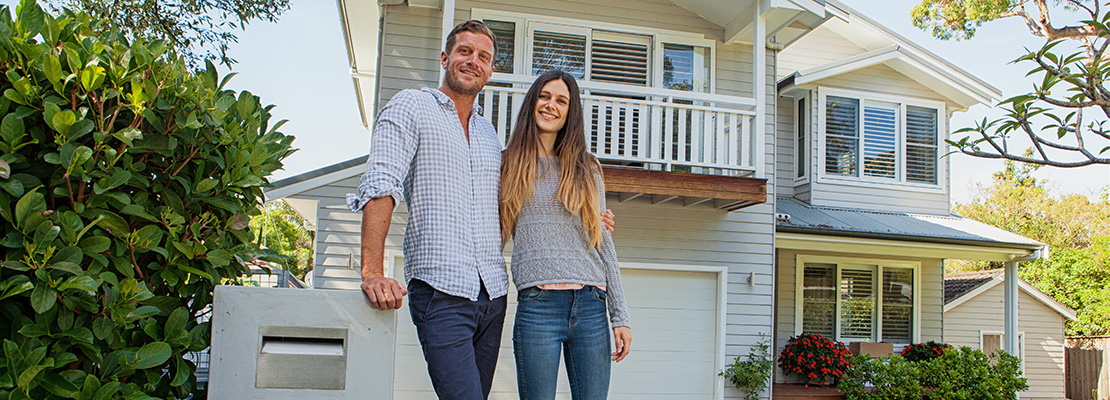Purchasing your first home is an important milestone and a major commitment, but it can be difficult to know if you’re truly ready for the financial responsibility of home ownership. Here are three tips to help you determine whether home ownership is the right next step for you:
Do Your Research
Different markets pose different risks and rewards for renters and homeowners alike. In some cities, the average monthly rent on an apartment may exceed the monthly cost of a mortgage. Conversely, renting isn’t always a bad idea, especially if a market is crowded with rental units that offer competitive features and prices. Plus, if you’re struggling with student loans or experiencing job insecurity, the long-term commitment of a mortgage might not be financially practical.
Understanding mortgage interest rates is important, but it’s not the only thing to be aware of. There are other factors to take into account, such as strength of the local economy and how your taxes and insurance needs will differ with the purchase of a home. You may even want to attend a seminar or consult a professional to get as many knowledge-based tools at your disposal as possible.
Do the Math
After you have researched the market, you will still have a lot of numbers to crunch. Take an honest assessment of all your current assets and expenses, as well as the expenses you will incur should you purchase a home. Count everything from what you spend on food and leisure, to home insurance, utilities, property taxes and any other possible expenses. Account for future expenses as well, such as if and when you plan on starting a family. Know the exact amount you will have to spend on your mortgage now and be realistic about what you can afford long-term.
Manage Your Debt
Many first-time home buyers already have some form of debt, whether it’s student loans or a car payment. Consolidating or refinancing debt may improve financial stability and increase your credit score, which may help you get a lower mortgage interest rate. For prospective buyers who do not have substantial work history or good credit, putting a larger than average down payment on your mortgage may also help you to get the loan you need, with a better interest rate and lower monthly payments.
Your unique circumstances will determine whether buying a home is a good choice at any given time in your life. Ultimately, no one can decide when you’re ready – except you. Making the necessary preparations will empower you to make wise decisions, whether you decide to keep renting for a while or begin your journey towards happy homeownership.



